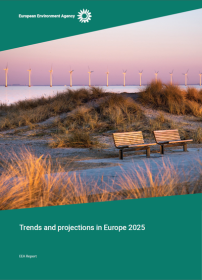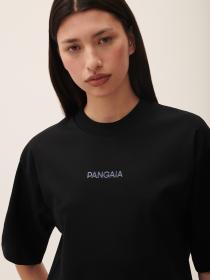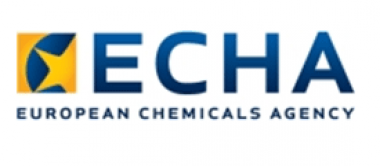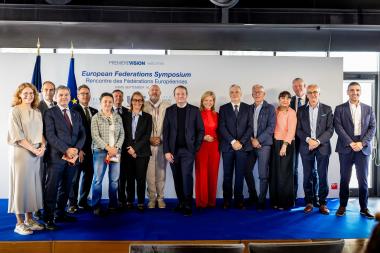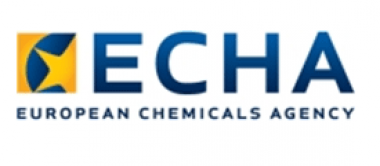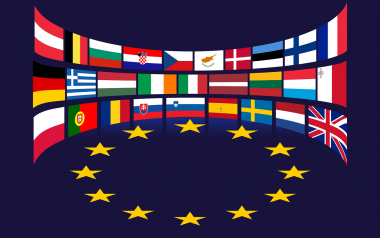NCTO: Push for reinstatement of duty-free treatment for qualified textile and apparel goods
The National Council of Textile Organizations (NCTO), representing the full spectrum of U.S. textiles from fiber, yarn and fabrics to finished sewn products, applauded the administration’s announcement today of plans to reinstate duty-free treatment for qualified textile and apparel goods from Guatemala and El Salvador under the Dominican Republic-Central America-United States Free Trade Agreement (CAFTA-DR).
National Council of Textile Organizations President and CEO Kim Glas:
“NCTO and our industry leaders have long been pushing for the reinstatement of duty-free treatment for qualified textile and apparel goods for our CAFTA-DR partner countries. We welcome the administration’s announcements about restoring these benefits for Guatemala and El Salvador and continue to press for a resolution for the other trade partners including Honduras, the Dominican Republic and Costa Rica, while acknowledging that the administration is conducting an extensive review under Section 301 of Nicaragua and their human rights violations under a separate track.
“We sincerely thank Rep. Richard Hudson (R-NC-09), Rep. David Rouzer (R-NC-07), and many members of the House Textile Caucus for their leadership and efforts in helping reinstate duty-free benefits for CAFTA-DR countries in support of the domestic textile chain. Today was a first great step and we want to thank President Trump, U.S. Trade Representative Ambassador Jamieson Greer, and the administration for this important decision.
“The CAFTA-DR region forms a vital co-production chain with the American textile supply chain, facilitating $11.3 billion in two-way trade in 2024 and supporting more than 470,000 U.S. workers in the domestic textile sector alone. However, since reciprocal tariffs were imposed on qualifying CAFTA-DR trade, U.S. textile and apparel imports from our free trade partner countries have declined 8 percent year to date in 2025 through July, while U.S. imports from top Asian suppliers have increased by double digits.
“The restoration of duty-free status for qualified goods from El Salvador and Guatemala is a critical key first step for our collective industries. Restoring duty-free textile and apparel qualified goods from the CAFTA-DR region is important to bolster the U.S. textile supply chain can help bring some stability to this critical sector. The U.S. -Western Hemisphere supply chains stand as a bulwark to China and other Asian countries. We look forward to working with the Trump administration and lawmakers to find a resolution that will restore duty-free treatment for qualified trade for this vital region.”
National Council of Textile Organizations Guatemala El Salvador CAFTA-DR duty-free USA
National Council of Textile Organizations NCTO













